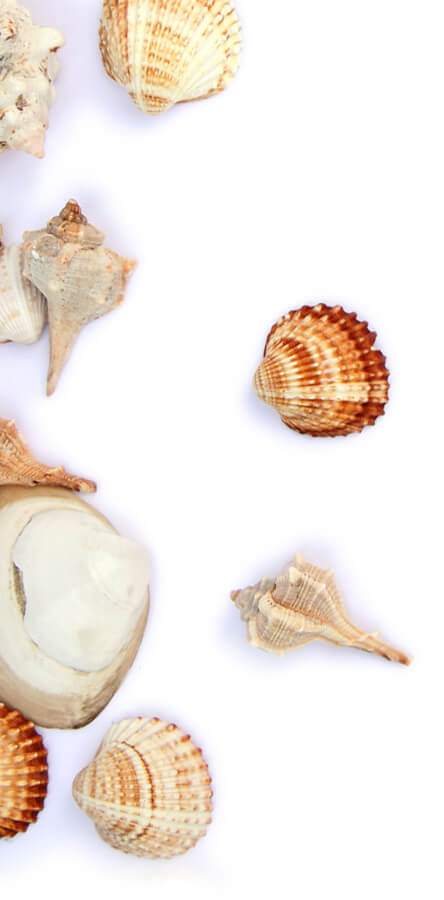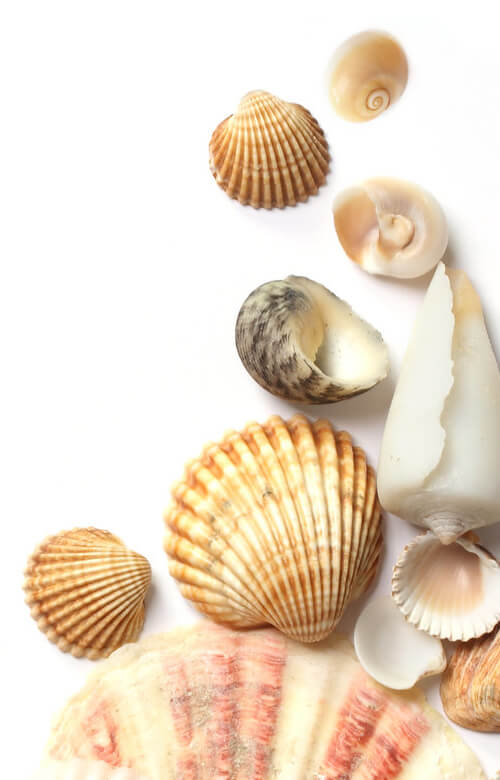Scheduling Dental Procedures When You’re Pregnant
November 22nd, 2023

Pregnancy leads to so many changes in your body, so it’s no surprise that your teeth and gums are affected as well! Dental care is very important during these months, so let’s look at some of the concerns you might have about treatments and procedures.
- Regular Exams and Cleaning
Yes and yes! Let us know you are pregnant when you make your appointment. Preventive care is especially important during pregnancy for keeping your gums healthy.
- Periodontal Care
Swollen and tender gums are often one of the first signs of pregnancy. Hormonal changes can make your gums more vulnerable to irritation and infection. Early gum disease, called gingivitis, should be treated promptly to avoid a more serious condition called periodontitis. This form of gum disease can actually cause the gums to pull away from the teeth, leading to pockets where infection can develop. Talk to us about scheduling extra cleanings, if needed, to avoid the plaque build-up that leads to gum disease.
- Regular Dental Work
If you need a cavity filled or a crown placed, talk to us about scheduling. It is important to keep your teeth healthy to avoid infection or more serious dental problems. If you do need restorative work, procedures are usually best treated during the second trimester, where morning sickness is less of a problem and reclining comfortably in the dental chair is easier than it would be in your third trimester.
- Emergency Work
If there is a dental emergency, call us immediately. You shouldn’t put off emergency work, as the complications of pain and infection can be harmful to you and your baby.
- Elective Treatments
If you are thinking about whitening your teeth or having other cosmetic dental work done, waiting until after your baby is born is usually recommended.
- X-rays
Most studies suggest that dental X-rays, because they are so limited in focus, are probably safe during pregnancy. But since there is no definitive answer at this time, it’s recommended to wait until after your baby is born for elective X-rays. In case of a dental emergency, however, an X-ray might be a necessity. If you are worried, talk to us about the shielding we use during X-rays, as well as scientific agreement about the safety of dental X-rays.
Let Dr. Mark Goedecke know about your pregnancy, and we will work with you to schedule exams or treatments at our Mt. Pleasant office so that your dental experience is both comfortable and safe. If you have any concerns, call us immediately. We know your pregnancy brings many significant changes to your life, but our concern for your health and well-being—that’s unchanging!






